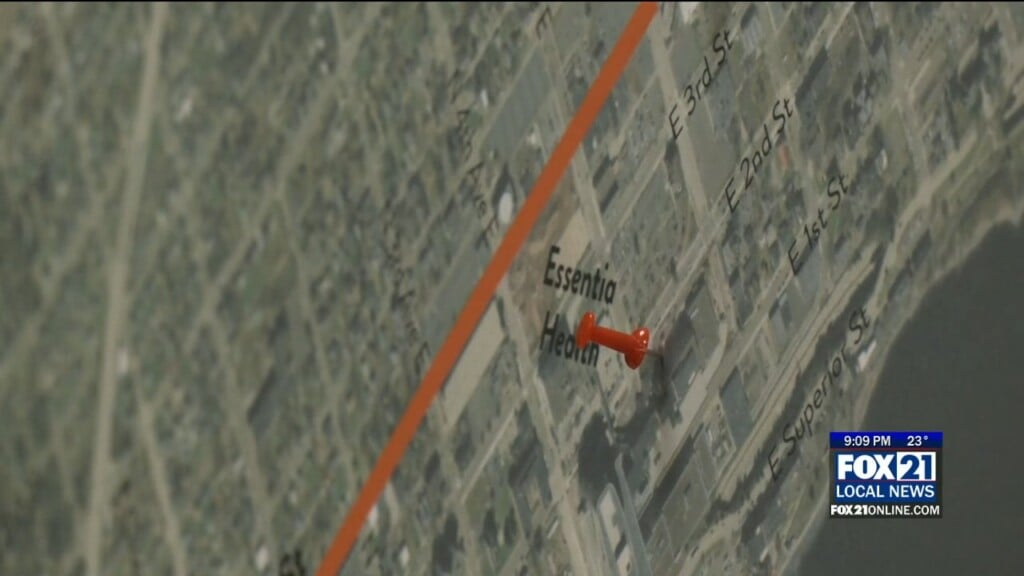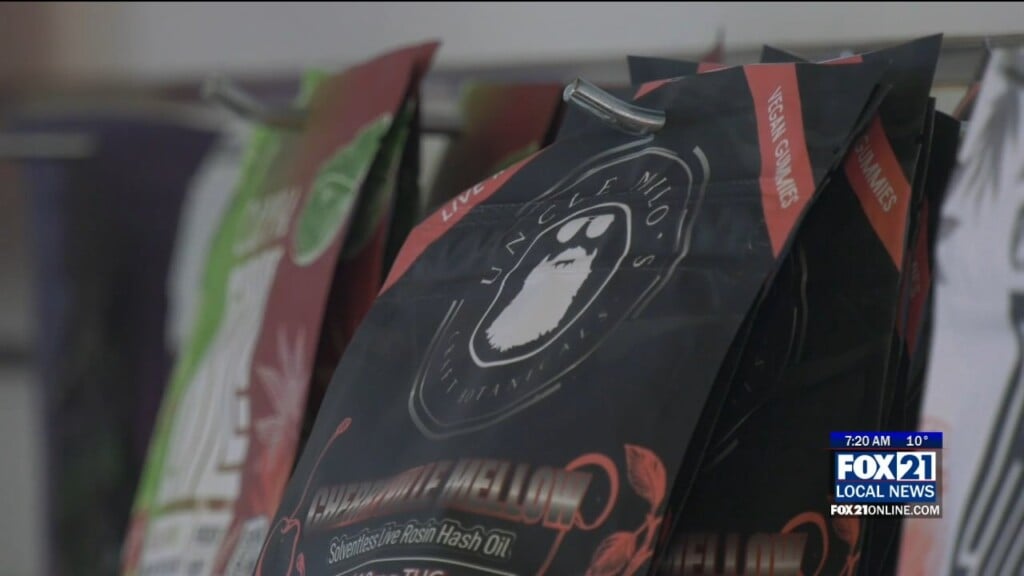President’s ‘Big Beautiful Bill’ Would Cost St. Louis County At Least $16M, County Says
DULUTH, Minn. — St. Louis county leaders put out a warning to residents Wednesday to say President Donald Trump’s “Big Beautiful Bill” – if passed — would cost the county at least $16 million.
As written now, the federal bill would shift Supplemental Nutrition Assistance Program (SNAP) costs from the federal government to the states, according to the county.
For Medicaid, the bill would increase Minnesota’s work load to manage the program.
Minnesota is one of 10 states that rely on counties to administer Medicaid and SNAP benefits.
Here’s the breakdown:
County officials say the impact of the cost-shift to St. Louis County would more than $10 million for SNAP and $6.4 million for Medicaid, which officials say is equivalent of a 9.5 percent increase in the property tax levy.
“Additionally, more staff will be needed to fulfill the bill’s increased requirements for verifying participants’ eligibility for the programs. St. Louis County staff are responsible for determining eligibility, enrollment and renewals for approximately 40,000 people – 20% of county residents – who receive Medicaid coverage annually; and for 16,000 residents who receive SNAP benefits on a month basis,” the county said in a news release Wednesday.
Meanwhile, 1st District St. Louis County Commissioner Annie Harala released her own statement Wednesday:
“As a commissioner in one of Minnesota’s largest and most rural counties, I am deeply concerned about the consequences of the federal legislation currently being called the “Big Beautiful Bill.”
While the stated intent may be to reduce federal spending and structures, the reality for counties like St. Louis County is that this bill shifts enormous costs from the federal government directly onto local taxpayers through our property taxes. Proposals to dramatically reduce or restructure federal Medicaid funding, SNAP benefits, infrastructure aid, and necessary safety net programs will leave counties scrambling to maintain essential services — from public health and emergency response to housing and mental health care.
St. Louis County already operates with tight budgets. If the federal government steps back from its already low funding supports, our residents — especially seniors, children, veterans, and the most vulnerable — will feel it first and the most. Local government leaders will be forced to make impossible choices between raising property taxes or cutting services people rely on every day.
I ask others to join me in urging Minnesota’s congressional delegation — regardless of party — to carefully consider the significant and long-term impacts this bill will have on counties and communities and our phenomenal people,” Harala said.
The bill would extend and make permanent various individual and business tax breaks from Trump’s first term, plus temporarily add new ones he promised during the 2024 campaign. This includes allowing workers to deduct tips and overtime pay, and a $6,000 deduction for most older adults earning less than $75,000 a year. In all, the legislation contains about $4.5 trillion in tax cuts over 10 years.
The bill also provides about $350 billion for defense and Trump’s immigration crackdown. Republicans partially pay for it all through less spending on Medicaid and food assistance. The Congressional Budget Office projects the bill will add about $3.3 trillion to the federal debt over the coming decade.
The House passed its version of the bill in May by a single vote, despite worries about spending cuts and the overall price tag. Now, it’s being asked to give final passage to a version that, in many respects, exacerbates those concerns. The Senate bill’s projected impact on the nation’s debt, for example, is significantly higher.









